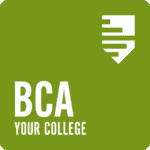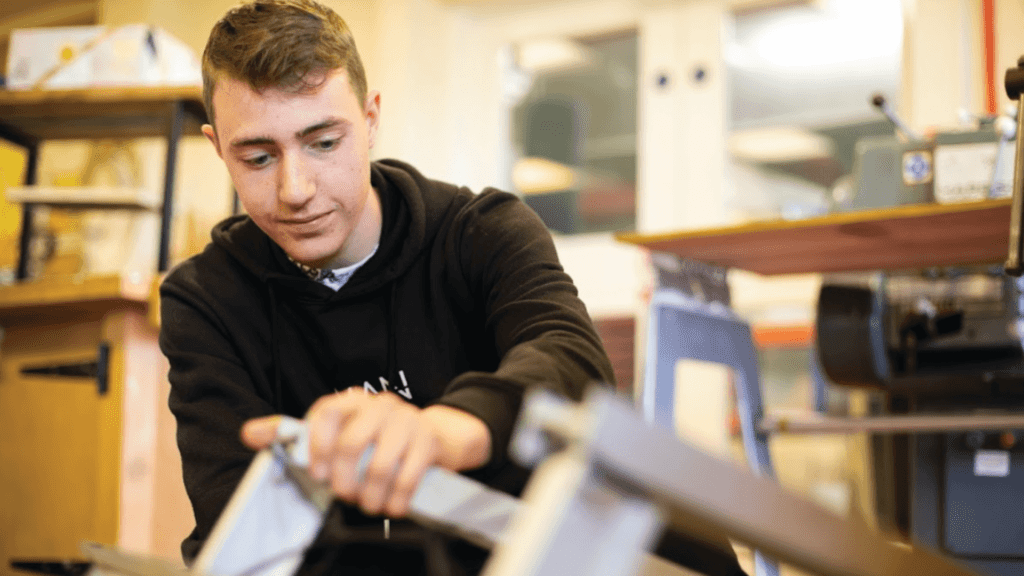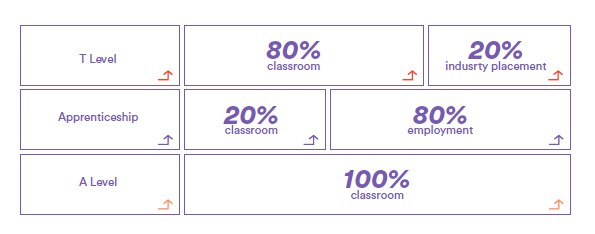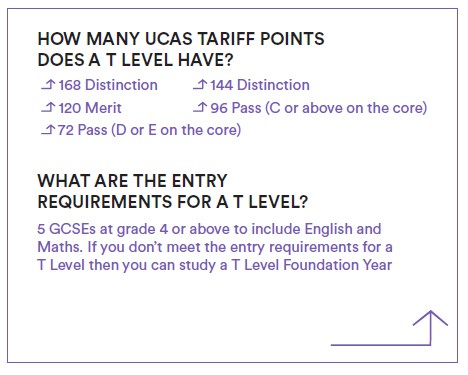T Levels are key to the Government’s ambitious programme to provide the technical expertise for the jobs of the future. They are exciting new courses devised specifically with employers to ensure you learn relevant and up-to-date practices from the industry sector that interests you most.
T Levels are a 2-year qualification designed to give you a head start towards the career you want.







